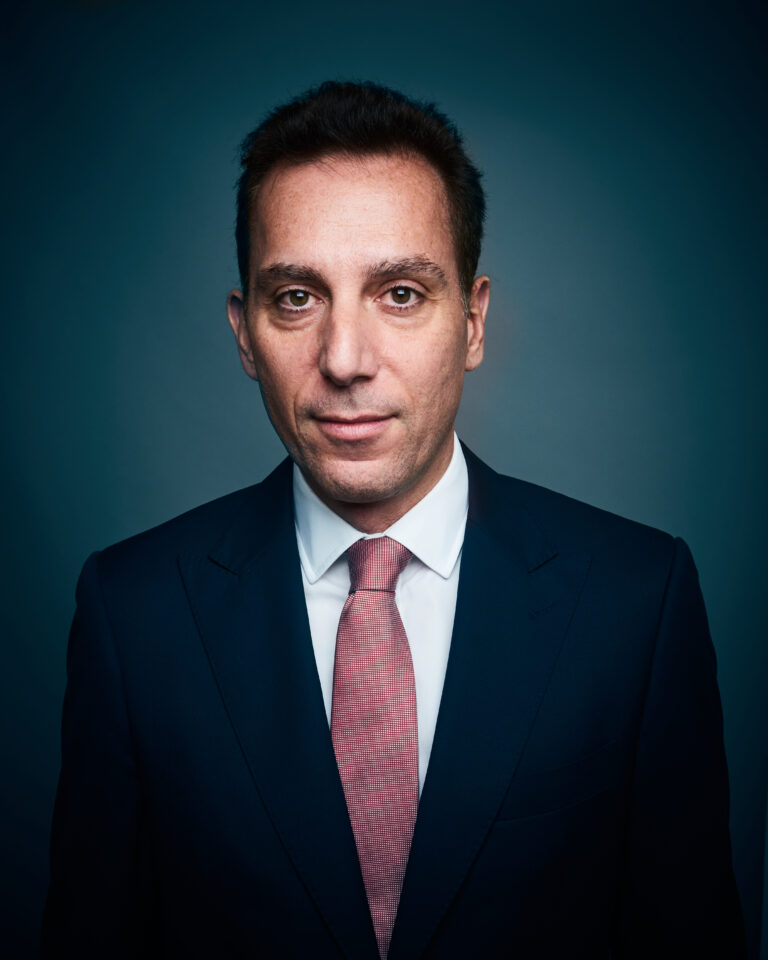COVID-19 is many things to billions of people—most notably a tragedy in loss of life and a herculean challenge for the global healthcare and pharmaceutical industries to rise to. For the hospitality industry, the pandemic represents a trial by fire. With borders closed and travel ground to a halt for a long time, the hospitality industry now faces the task of restoring consumer confidence and adapting offerings to ensure guests’ experiences are not only hospitable but hygienic and safe as well.
Despite the on-going uncertainty that COVID-19 has left in its wake, history has shown the resiliency of this industry and how important it is to take critical steps to safeguard the goodwill of our core customer base and ensure we come back stronger than ever.
The Middle East is already leading the way with forward thinking solutions, as many hoteliers across the region use this adjustment period to enhance their health and safety protocols, and show that they are ready to welcome guests back to their properties. Here’s how hospitality brands can lead the travel industry in restoring that trust.
Maintain and Build Brand Awareness
Hotels with strong brands are actually some of the most resilient segments of the travel industry. When polled by PwC on which travel sectors they would avoid, only 16% of poll respondents indicated that they would avoid brand-name hotels, compared to 38% who would avoid air travel and 54% who would avoid public transportation.
This bodes well for hospitality companies with strong brand awareness. Staying in the public eye for positive initiatives, noteworthy promotions and industry insights is key to keeping these hospitality brands at the top of consumers’ minds.
With revenue reduced, hospitality companies are looking for ways to tighten their belts. Hospitality companies should take an expansive view toward their marketing and brand awareness efforts, sourcing the capital from anywhere they can to stay visible and upbeat.
Consumers will continue to book with hospitality brands they know, like and trust, especially if those brands project confidence, cheerfulness, and readiness to serve.
Emphasize Health and Wellness
Faced with a global pandemic and the accompanying uncertainties, brand trust has become synonymous with cleanliness and sanitation. PwC discovered that confidence in safety and cleanliness lead other drivers of hotel purchase behavior at 35%, ahead of price, change/cancellation policy, loyalty programmes, and reviews.
Health and cleanliness precautions that may have been optional or “nice to have” in pre-COVID times have become valuable selling points to build travellers’ trust, including
- Meticulous sanitation efforts by housekeeping staff.
- Face masks on customer-facing personnel.
- Social-distancing measures taken in shared spaces and amenities and check-in lines.
- Pervasive access to hand sanitisers and disinfectants.
- Implementation of contact-free interactions at every touchpoint where possible. Some examples include touch-free payment, smartphone apps instead of digital kiosks, and QR-code menus instead of paper menus, amongst others.
These measures should be foregrounded, but not overdone. With this in mind, it is important to remember that the hospitality industry is about making people feel warm and welcome. Despite the current situation we mustn’t forget to greet our guests with a smile, even if it is from behind a mask.
Offer Control Over Surroundings
One of the biggest challenges of the COVID-19 pandemic we faced as a global community was how little we knew about it. Lacking facts, we felt helpless. A key component of restoring travellers’ trust is returning to their hands some semblance of control.
A telling trend coming to the fore is that some travellers are willing to pay more for access to physical distance from other travelers – especially families with children.
Hospitality industries can respond to this demand by offering premium options to control their surroundings. Opportunities for brands to explore include expanded private shuttle services with visible sanitation efforts; private or touchless check-in with smartphone-activated locks; and a choice of their position within the property relative to entrances, exits, elevators, and high-traffic areas.
In addition, we will likely see simpler room designs and fit outs with less touch points to allow for quicker cleaning procedures, and drive consumer higher confidence in the process..
We may also experience a new era of dining, and welcome in a widespread dawn of QR-coded menus and large menu displays. Healthier menu choices have the potential to be the norm, as we all become more health conscious, and place greater importance on preserving the health of our immune systems. Hoteliers will have to think hard and creatively about how to best use banqueting spaces, given local safety guidelines from various authorities around weddings, celebrations, social gatherings.
Lobbies and public areas within hotels are also likely to expand – so as to allow enough spacing and the implementation of social distancing between guests. Reduced acceptance of non-hotel residents to the leisure facilities (gym, spa, pool) will also become widespread, in a bid to contain and protect the health and safety of their overnight guests.
We all know that customers want to travel again. Our customers want us to earn their trust and we have a strong opportunity to not only deliver an experience that makes them feel comfortable but makes them excited to be traveling once again.










